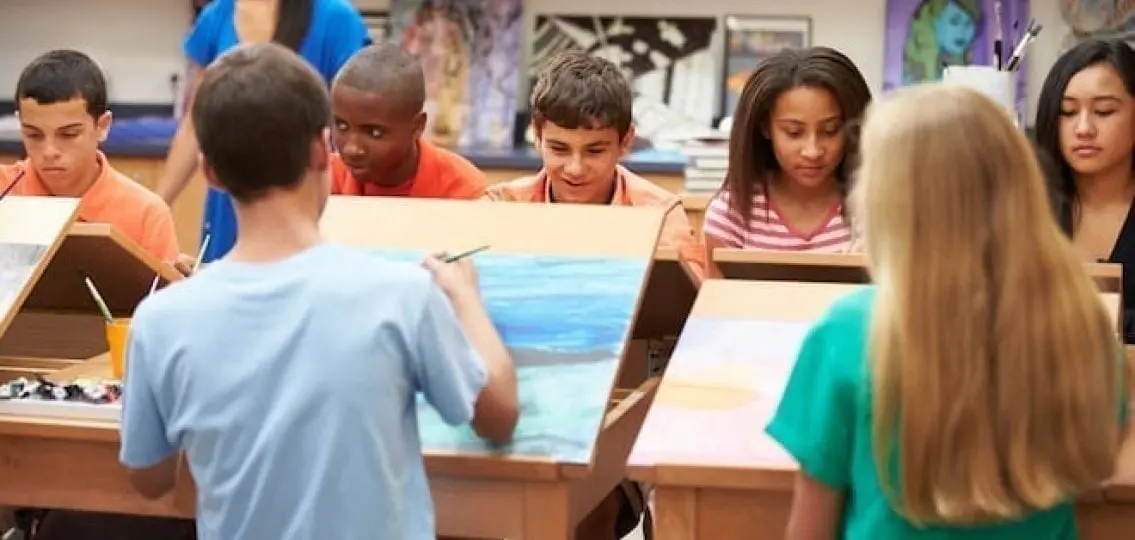Dear Your Teen:
“I have a 13-year-old boy who is a good student and well-behaved—until now. His art teacher told me that he is misbehaving in class, being disrespectful and disruptive. His defense is that all the other kids misbehave, too, but that the teacher only disciplines him. We have told him that the teacher is hard on him because she knows he is capable of doing better, but that isn’t working anymore. Help!”

EXPERT | Michele Kambolis
Your son has entered into a developmental phase that involves a deep need for peer connection, so it makes perfect sense that he may be behaving in ways meant to impress his friends or fit in. This is a great opportunity to enter his world and show him that your support is unwavering and unconditional.
Start by helping him talk about what he’s experiencing in class, including his frustrations, feelings, and fears about both his peers and art teacher. Bring it up casually but underscore the importance that his misbehavior in the classroom needs to be addressed.
13-Year-Old Behavior Problems
Once you’ve made it clear that you are ready to work through this together, help him to understand the impact he’s having on his peers, teacher, himself, and you. Moving the conversation from discipline and consequences (if you don’t start behaving, we will take away your phone) to impact (when you don’t listen, there are others in the class who may struggle or your behavior could impact your stellar GPA) will help deepen his self-awareness and sense of responsibility.
Discussion ideas can include:
What was the problem?
How did you choose to react to that problem?
What was the impact of your choice? On yourself or on others?
What would you do differently next time?
Is there a way you can make amends?
Making a Connection
From there, help him to brainstorm new solutions and take ownership of how he would like to solve the problem. Try not to shoot any ideas down or tell him that he is wrong. Once you have agreed upon a solution, try to enlist the teacher’s support. Encourage the teacher to shift the focus from punitive to empowerment, holding him to his commitment to solving the problem. Once your son feels a genuine connection with his teacher, he will likely become more invested in respecting her wishes.
Finally, redirect him from seeking attention in negative ways by helping him discover new opportunities to stand out by enlisting him in positive leadership roles, like encouraging him to help the teacher with a task or teaching another child a special skill. Don’t forget to acknowledge any positive changes (or perhaps the reduction of notes home from the teacher.)

Your son is ready to discover who he is. Focusing on his goodness will help redirect him back to his core nature.




